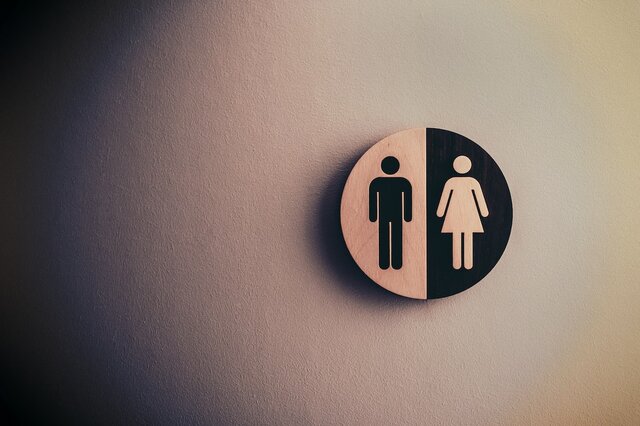Freetown – Sierra Leonean lawmakers on Tuesday passed legislation to introduce a gender quota in parliament, a major campaign promise by the president, following years of delays and false starts.
After several hours of debate on Tuesday, members of parliament voted unanimously to pass the Gender Empowerment Act, ensuring that one in three members of parliament, as well as local councillors, is a woman. An earlier draft stipulated a slightly lower 30-percent quota but was amended.
“I’m so overwhelmed,” Minister of Gender and Children’s Affairs Manty Tarawalli said in parliament after the bill’s passing.
She said that in spite of repeated setbacks in drafting and introducing the law – which she presented to parliament on November 9 – “the end justifies the means”.
Sierra Leone to introduce gender quotas https://t.co/fq4LVL8ja6
— Modern Ghana (@modernghanaweb) November 16, 2022
It will now go to President Julius Bio to be signed into law.
Despite it being a key promise in Bio’s 2018 election campaign, it took three years for cabinet to approve the law’s drafting. Then there were delays in getting parliament to debate the bill.
An earlier draft was expected to be approved in 2021 but was withdrawn over a technicality.
“We want men and women to work together in making society better,” said Rugiatu Rosy Kanu, an opposition MP and deputy chair of a parliamentary committee on gender and children’s affairs.
Ibrahim Tawa Conteh, another MP and member of the ruling Sierra Leone People’s Party (SLPP), said that 52 percent of Sierra Leone’s population is female, “but only 19 women out of 146 lawmakers are in this parliament”.
He also called for a law “supportive of all women, not just for the educated” – namely one enabling better female participation in chieftaincy elections, which is still banned in some parts of the country.
ALSO READ | Sierra Leone buries riot dead amid outcry
“The government wants to correct the mistakes made in the past for not recognising (women); we want to apologise to all women who suffered discrimination in society,” said Matthew Sahr Nyuma, leader of the house and chair of the Information Committee.
But not all believe the legislation goes far enough.
“It’s unfair for women to be given 30 percent whilst they represent 52 percent of the population,” said Lahai Marah, an MP for the opposition The All People’s Congress (APC) party.
Lawmakers in neighbouring Liberia in September passed an Affirmative Action Bill, while Senegal has since 2012 had a 50-percent gender parity law for parliamentarians, though the real percentage of female lawmakers has never surpassed 44 percent.
“We are happy the gender agenda is gaining momentum,” said Marcella Samba, head of the NGO Campaign for Good Governance.
Follow African Insider on Facebook, Twitter and Instagram
Source: AFP
Picture: Unsplash
For more African news, visit Africaninsider.com


